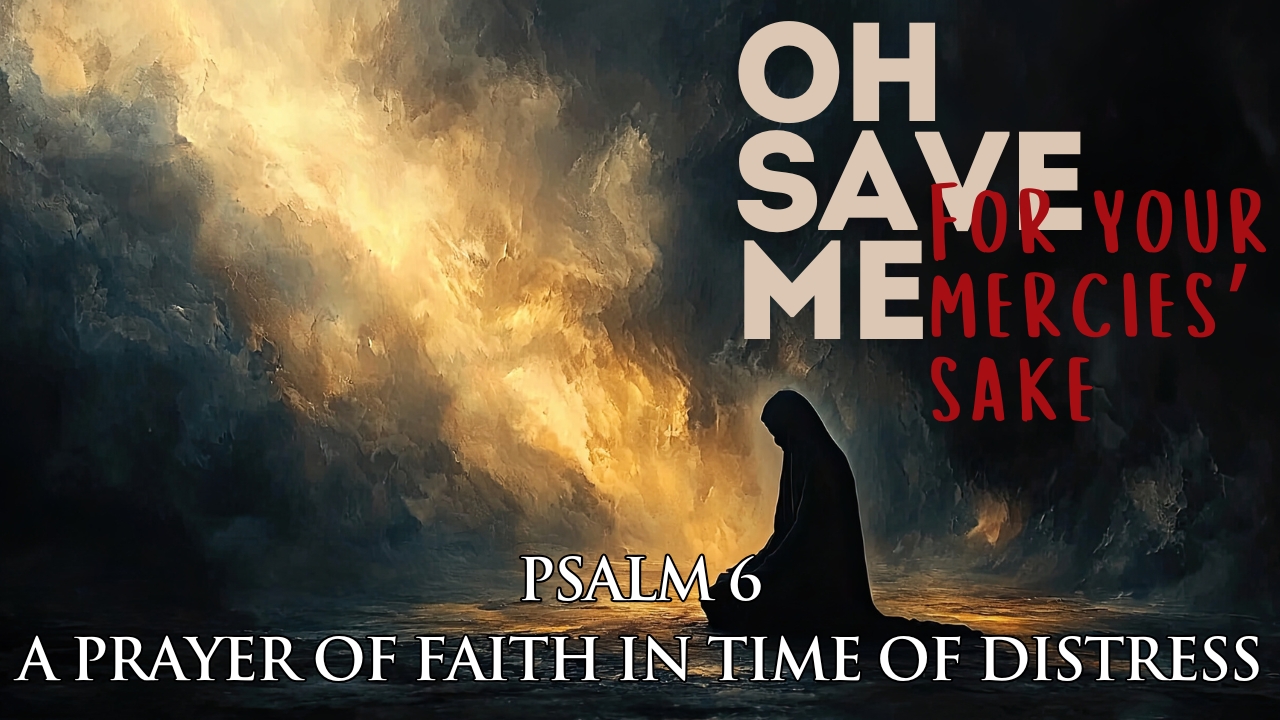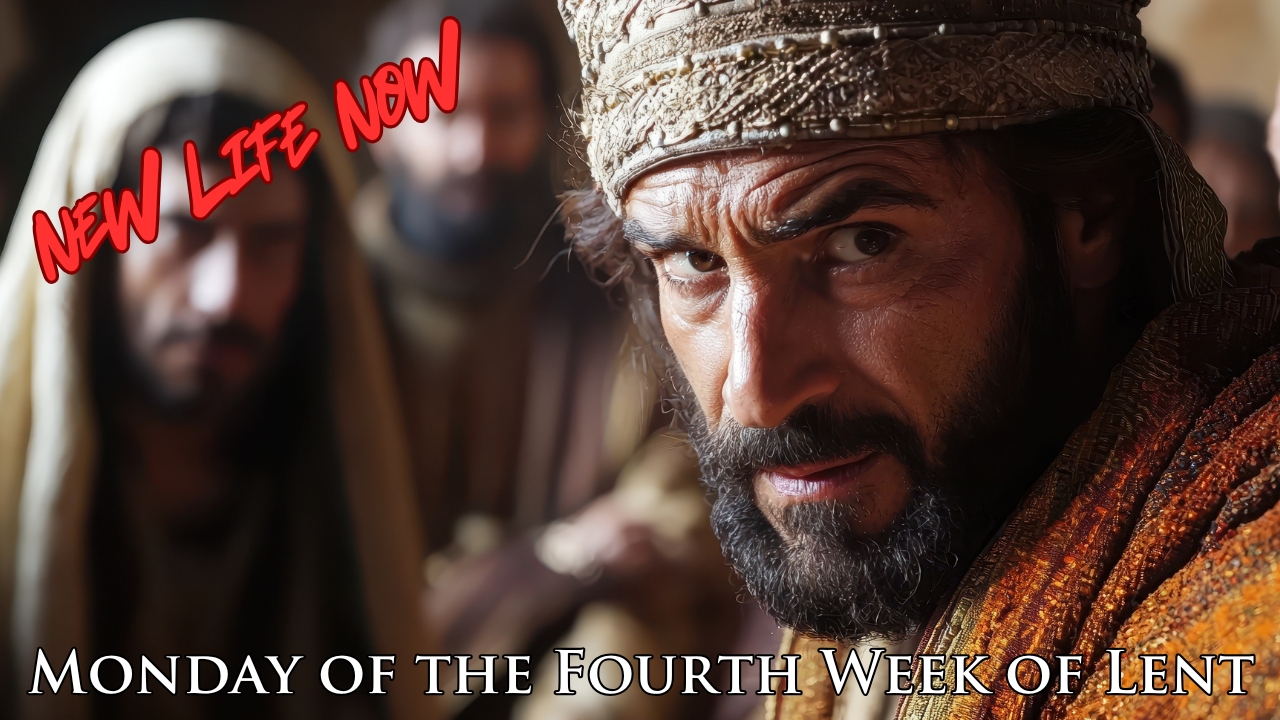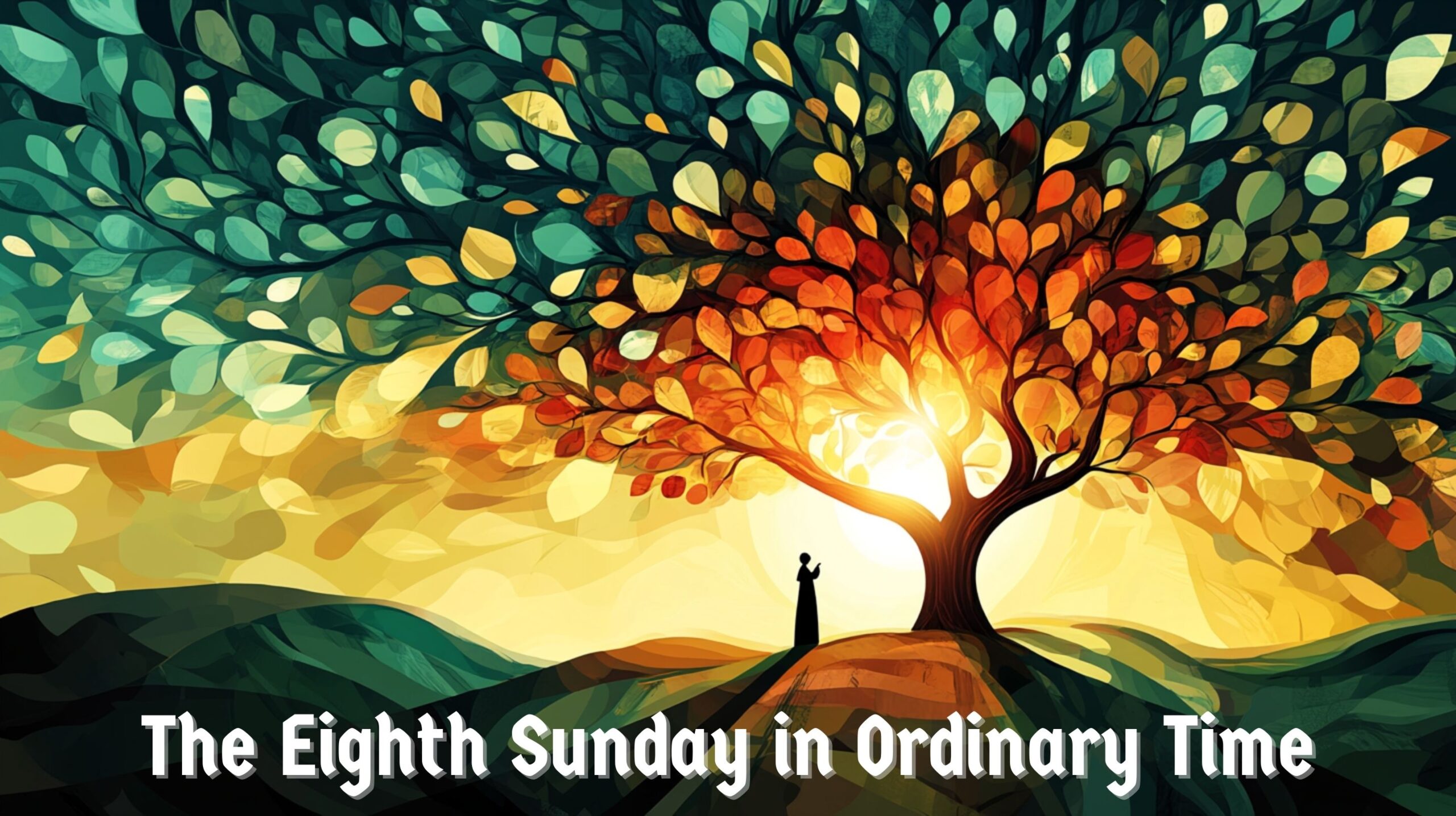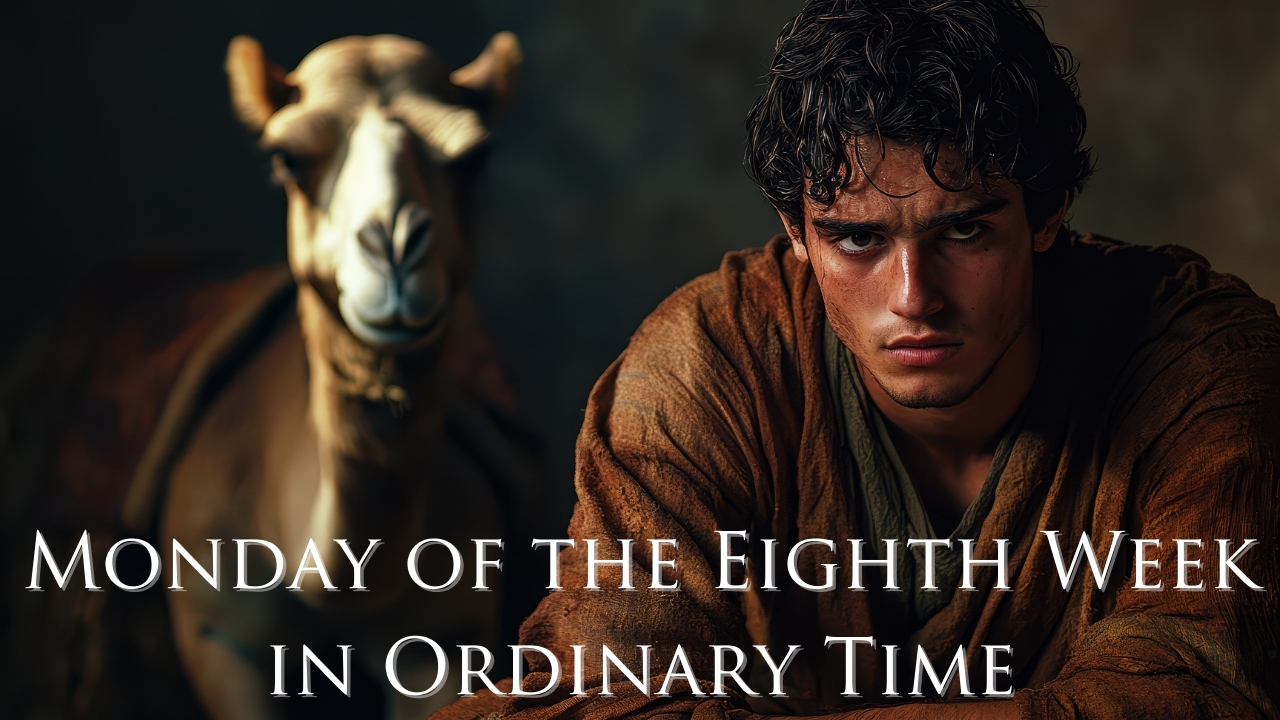Radical Mercy: Uncovering the Deeper Meaning of the Prodigal Son | Daily Readings | March 30, 2025
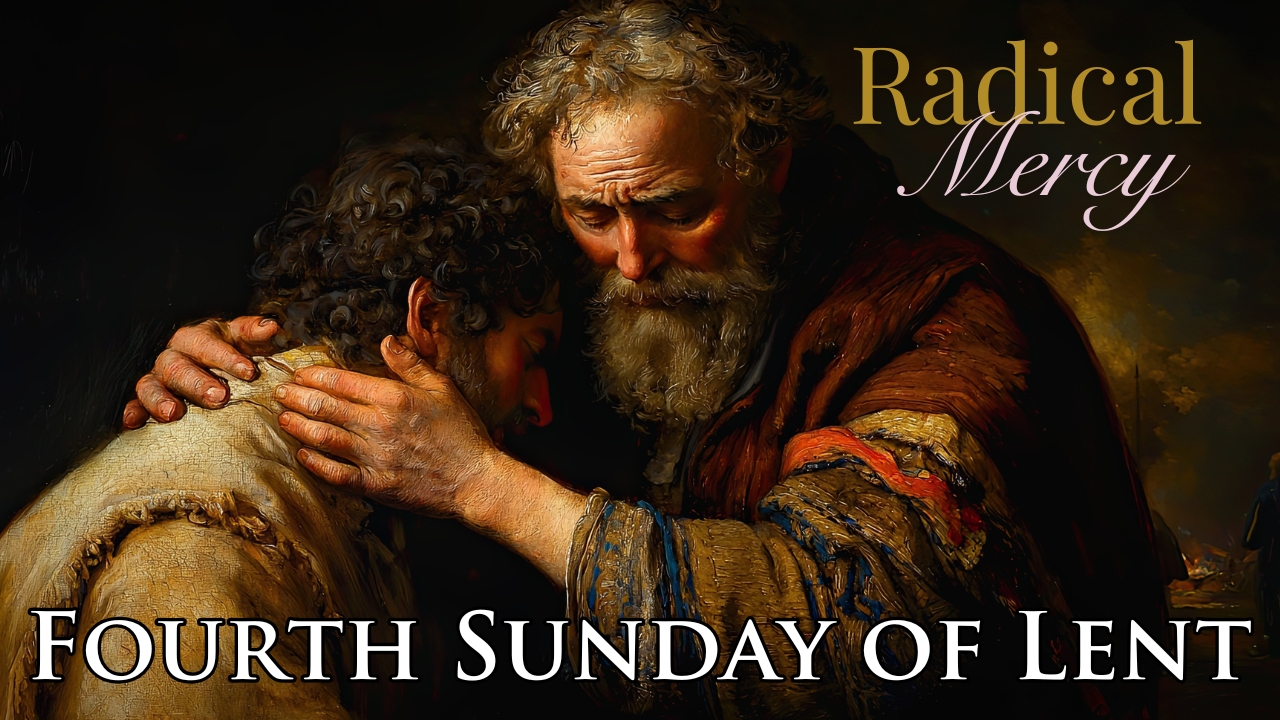
Dive deep into one of the most powerful parables ever told – the Prodigal Son. This isn’t just another Bible story; it’s a life-changing revelation of God’s incredible mercy and love.
Discover how:
🌑➡️🌟 Shame can be transformed into grace
🤝❤️ True reconciliation goes beyond forgiveness
🚪🔓 Your past doesn’t define your future
This reflection will challenge everything you thought you knew about mercy, redemption, and unconditional love. Whether you’re feeling lost, broken, or searching for hope, this message is for you.
Scriptures Explored: Luke 15, 2 Corinthians 5, Joshua 5
Coming Home: A Journey of Mercy and Transformation
Imagine standing at the edge of a promise—a promise generations have waited for, hoped for, dreamed about. This is exactly where the Israelites find themselves in our first reading from Joshua. After 40 years of wandering in the desert, they’re finally entering the Promised Land. But this isn’t just a geographical transition; it’s a profound spiritual transformation.
The manna—that miraculous food that sustained them through decades of wilderness—stops. Suddenly, they’re eating the produce of the land they’ve inherited. It’s a powerful metaphor for spiritual growth. Sometimes, God provides us with exactly what we need for a season, but then calls us to mature, to cultivate our own spiritual nourishment.
For the Jews of that time, this moment was revolutionary. They weren’t just changing locations; they were transitioning from a nomadic, dependent existence to becoming a settled people with responsibility. God was saying, “I’ve brought you here. Now, it’s time to build, to grow, to live out the promise.”
But the real heart of today’s readings is the parable of the Prodigal Son—a story so rich that centuries of theologians, scholars, and spiritual leaders have unpacked its depths. Let’s dive deep.
This isn’t just a story about a wayward son. It’s a radical reimagining of God’s love.
In the cultural context of Jesus’ time, the son’s request for inheritance was essentially telling his father, “I wish you were dead.” It was a devastating, shameful act. By asking for his inheritance early, he was rupturing family relationship, community standing, and social expectations. When he leaves and squanders everything, he becomes ritually unclean—working with pigs, which for a Jewish person, was the ultimate degradation.
The amazing twist? The father’s response.
Traditional Middle Eastern patriarchs would have been expected to disown such a son, perhaps even conduct a public shaming ritual. Instead, this father does something scandalous: he runs. In that culture, respected elderly men did not run—it was undignified. But this father runs, revealing his unconditional love before the son can even finish his rehearsed apology.
Theologians throughout history have seen layers of meaning here:
- Augustine saw it as a profound illustration of divine grace
- Thomas Aquinas viewed it as demonstrating God’s overwhelming mercy
- Modern theologians like Henri Nouwen described it as a journey of inner healing and transformation
But here’s where it gets personal: We are all that younger son. We’ve all had moments of wandering, of believing we know better, of making choices that take us far from home, far from our true selves, far from God.
The elder son represents another kind of spiritual danger—the risk of self-righteousness. He’s technically faithful, but his heart is far from his father’s compassion. When the prodigal returns, the elder son is angry, refusing to celebrate his brother’s return. The father’s response to him is equally profound: “Everything I have is already yours.”
This parable invites us to reflect: Where are we in this story? Are we the wandering son, needing to come home? Are we the resentful elder son, missing the point of grace? Or are we being called to be like the father—extending radical, unexpected mercy?
Paul’s words in the second reading resonate perfectly: “If anyone is in Christ, there is a new creation.” This isn’t just theological language—it’s an invitation to transformation. To let go of old identities, old wounds, old ways of seeing ourselves and others.
Your wilderness might not look like a literal desert. It might be a season of doubt, of loss, of feeling distant from your true self or from God. But here’s the promise: There’s always a way home. And the welcome is always more generous than you can imagine.
The readings today are a love letter. They whisper: You are seen. You are known. You are loved—not for what you do, but simply for who you are.
So I invite you: What needs to be transformed in your life today? Where do you need to come home?

